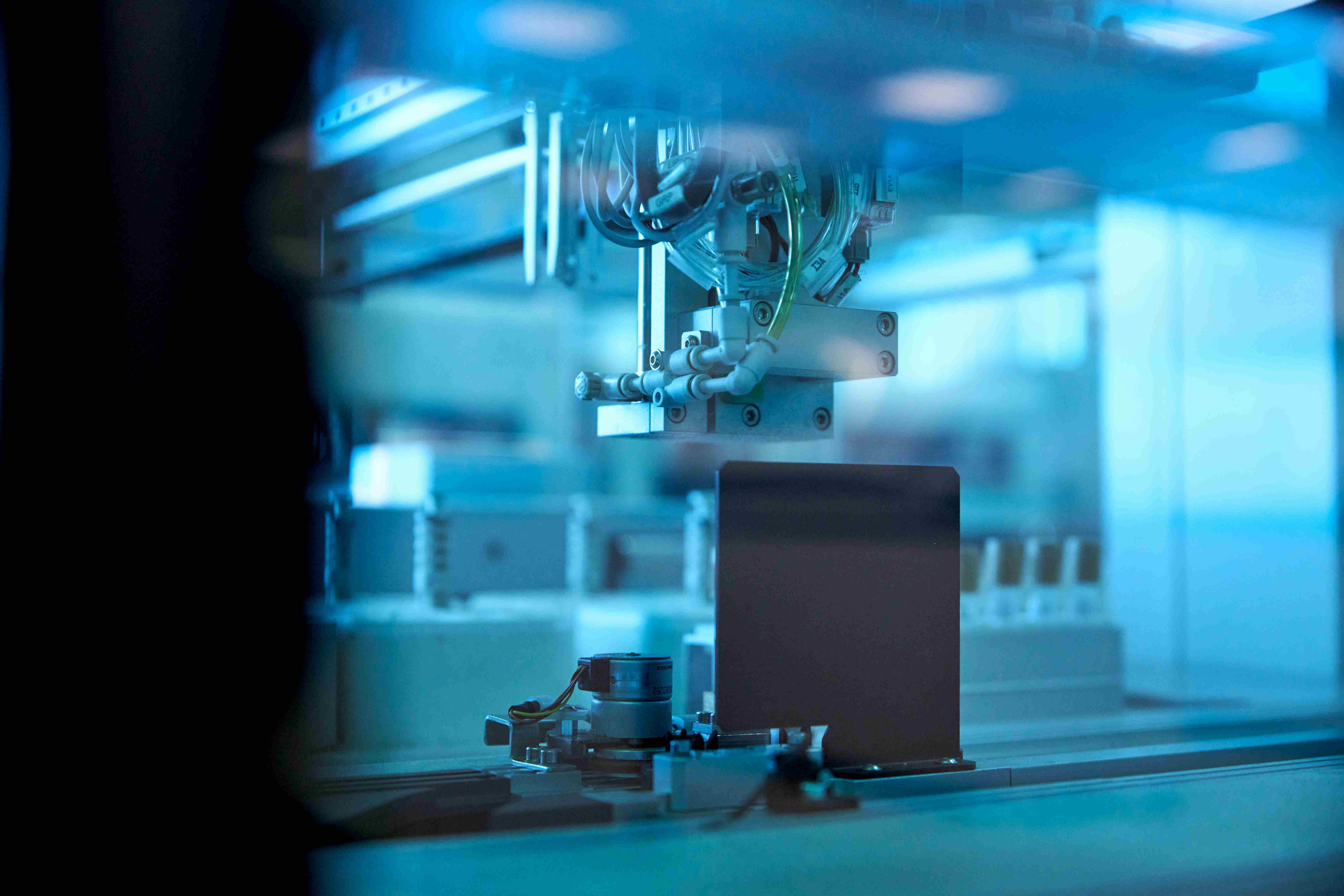AI is no longer merely a sci-fi idea. We already use it in our daily lives to ask a virtual assistant to turn on the lights, unlock phones using facial recognition, and obtain directions more quickly. But AI isn't just about convenience; it's also changing sectors like healthcare, education, and transportation, changing how we work, live, and care for each other.
We'll look at how AI is enhancing homes, health, and everything else in this post.

Smarter Homes for Simpler Living
Smart home technology is one of the most obvious ways artificial intelligence is changing our daily lives. AI is used by gadgets like security cameras, voice-activated assistants (like Alexa or Google Assistant), and smart thermostats to understand your routines and react accordingly.
For instance, when you leave for work and come home, your thermostat may change the temperature on its own. Smart refrigerators can make recipe recommendations based on what's in them or notify you when food is about to expire. These conveniences help save money and energy in addition to saving time.
AI has an impact on home security as well. When strangers approach, smart doorbells can identify their faces and alert you. The ability of security systems to differentiate between people and pets lowers false alarms and boosts peace of mind.
AI at Your Fingertips: Smartphones and Personal Assistants
The majority of people deal with AI on a daily basis, frequently without realising it. AI powers voice assistants, photo organisation, app recommendations, and even spam call filtering on smartphones. AI also powers features like predictive text and autocorrect.
Siri and Google Assistant are examples of virtual assistants that react to voice commands and pick up on user behaviour. They get increasingly helpful over time, assisting with meeting scheduling, reminders, and more precise question answering.
Recommendations in social media platforms and apps like YouTube, Netflix, and Spotify are also powered by AI algorithms. Although these tools can improve entertainment, they also bring up privacy and screen time concerns, which are crucial factors to take into account in our digital lives.
AI in Healthcare: Smarter Diagnosis, Better Care
The healthcare industry is arguably where AI is being used most effectively. AI is being used by medical professionals to handle massive volumes of data, expedite diagnosis, and enhance patient care.
AI-powered solutions can:
Examine medical scans to accurately identify diseases like pneumonia, cancer, or fractures.
Use medical records to predict a patient's risk so that doctors can take early action.
Encourage telehealth by offering symptom chequers or chatbots for mental health that provide prompt advice.
aid in drug discovery, hastening the search for novel therapies.
AI is also used by wearable technology, such as smartwatches, to track heart rates, sleep habits, and activity levels, warning users of any anomalies that might require medical intervention.
AI is improving physicians' capacity to provide more effective and efficient patient care, not replacing them.
AI in Transportation: Getting There Faster and Safer
AI makes it easier for people to get where they need to go more quickly and safely, from real-time traffic updates to navigation apps that recommend the quickest route. In order to minimise wait times, match drivers and passengers, and optimise routes, ride-sharing apps employ algorithms.
Although they are still in the early stages of development, self-driving cars are an exciting example of artificial intelligence in action. These cars may reduce accidents and alter our perception of travel by using sensors and artificial intelligence (AI) to read traffic signs, detect objects, and make snap decisions.
AI is also being used by public transportation systems to improve energy efficiency, manage schedules, and provide commuters with real-time updates.

AI in Education: Personalized and Accessible Learning
AI is developing new learning methods for both homes and classrooms. Lessons can be tailored using adaptive learning software according to a student's pace, areas of strength, and areas in need of development. This implies that regardless of whether they are catching up or making progress, students can learn in the ways that work best for them.
Additionally, AI can help teachers by managing classroom data, assigning grades, and providing insights into student performance. AI-powered solutions, such as text-to-speech or speech recognition, increase educational accessibility for students with disabilities.
Learning is becoming more accessible and engaging globally thanks to online platforms that use AI to customise content or recommend courses.
Daily Convenience: Shopping, Banking, and Beyond
AI is speeding up and simplifying routine tasks in industries like finance and shopping. AI is used by online retailers to make product recommendations based on browsing history, which makes it simpler to find what you're looking for or learn about something new.
AI drives fraud detection systems in banking, which promptly identify anomalous activity. Chatbots allow users to transfer money, check balances, and resolve problems without having to wait in line or on hold.
Grocery stores are also becoming more intelligent. AI is used by some for stock tracking, automated checkouts, and customised discounts that are sent straight to your phone.
Challenges and Ethical Considerations
Although AI has many advantages, it also brings up significant moral and societal issues. These consist of:
Privacy: How do AI systems gather, store, and use your data?
Bias: AI may make unjust or detrimental decisions if it is trained on biased data.
Employment displacement: Some jobs may be replaced by automation, necessitating workforce adaptation and new skills.
As AI develops further, regulations that guarantee equity, openness, and responsibility must be established in order for technology to benefit everyone, not just a select few.

Conclusion: AI as a Daily Companion
AI is a useful, developing tool that affects almost every aspect of contemporary life and is no longer just something from a science fiction film. AI is quietly becoming a useful companion in our daily lives, whether it is guiding your commute, helping diagnose illness, or adjusting the lighting in your home.
AI has the potential to enhance lives, boost productivity, and build a more connected world when used properly. We can better create a future where AI genuinely benefits humanity the more we comprehend how it operates and where it is headed.